Add to Wishlist
Agriculture And Economic Transformation
Publisher: Alexis Press LLC
$135.00
ISBN 13: 979-8-89143-199-7
YEAR: 2024
eBOOK
Instant Delivery
SKU:
ALX-AG-199-7
Category:
Agriculture
Additional information
| Access Type | Download eBook, Read Only |
|---|
Be the first to review “Agriculture And Economic Transformation” Cancel reply
You must be logged in to post a review.
Purchase now to read the book online.
Select optionsRelated products
Agrarianism
By Ash Mcintosh
$135.00
Agrarianism, in social and political philosophy, perspective that stresses the primacy of family farming, widespread property ownership, and political decentralization. Agrarian ideas are typically justified in terms of how they serve to cultivatemoral character and to develop a full and responsible person. Many proponents of agrarianism revere nature (whether understood as natural phenomena or as God’s creation), respect tradition and experience, distrust ideology, and regard science and technology with skepticism. Proponents of agrarianism believe that when individuals attach themselves to farming and a rural way of life, the required labour enhances their existence. Family and locale are rooted, allowing stable associations to develop that enable people to experience, in a nonacquisitive way, the goods of a grounded community, including leisure, friendship, love, art, and religion
Agrarianism
By Ash Mcintosh
$135.00
Agrarianism, in social and political philosophy, perspective that stresses the primacy of family farming, widespread property ownership, and political decentralization. Agrarian ideas are typically justified in terms of how they serve to cultivatemoral character and to develop a full and responsible person. Many proponents of agrarianism revere nature (whether understood as natural phenomena or as God’s creation), respect tradition and experience, distrust ideology, and regard science and technology with skepticism. Proponents of agrarianism believe that when individuals attach themselves to farming and a rural way of life, the required labour enhances their existence. Family and locale are rooted, allowing stable associations to develop that enable people to experience, in a nonacquisitive way, the goods of a grounded community, including leisure, friendship, love, art, and religion
History Of Agriculture
$135.00
Agriculture began independently in different parts of the globe and included a diverse range of taxa. At least eleven separate regions of the Old and New World were involved as independent centers of origin. The development of agriculture about 12,000 years ago changed the way humans lived. They switched from nomadic hunter- gatherer lifestyles to permanent settlements and farming.
History Of Agriculture
$135.00
Agriculture began independently in different parts of the globe and included a diverse range of taxa. At least eleven separate regions of the Old and New World were involved as independent centers of origin. The development of agriculture about 12,000 years ago changed the way humans lived. They switched from nomadic hunter- gatherer lifestyles to permanent settlements and farming.
Agricultural Resources
By Nicky Harvey
$135.00
Agricultural resources means the land and on-farm buildings, equipment, manure processing and handling facilities, and processing and handling facilities that contribute to the production, preparation, and marketing of crops, livestock, and livestock products as a commercial enterprise, including a commercial horse boarding operation, a timber operation, compost, mulch or other biomass crops, and commercial equine operation.
Agricultural Resources
By Nicky Harvey
$135.00
Agricultural resources means the land and on-farm buildings, equipment, manure processing and handling facilities, and processing and handling facilities that contribute to the production, preparation, and marketing of crops, livestock, and livestock products as a commercial enterprise, including a commercial horse boarding operation, a timber operation, compost, mulch or other biomass crops, and commercial equine operation.
The Science Of Vegan Food
$135.00
Prominent Agricultural Scientists
By Brice Powell
$135.00
Agricultural Scientist is the one who is a specialist in analyzing farming methods and food production methods to enhance safety and crop yield. Through research, an agricultural scientist works on new and innovative ways to increase the quality of food grown and supplied. In complete coordination with the scientific community and policy-makers, an agricultural scientist reaches the solution.
Prominent Agricultural Scientists
By Brice Powell
$135.00
Agricultural Scientist is the one who is a specialist in analyzing farming methods and food production methods to enhance safety and crop yield. Through research, an agricultural scientist works on new and innovative ways to increase the quality of food grown and supplied. In complete coordination with the scientific community and policy-makers, an agricultural scientist reaches the solution.
Introduction To Agroecology: Principles And Practices
By Avery Clark
$135.00
Agroecology is defined by the OECD as "the study of the relation of agricultural crops and environment." Dalgaard et al. refer to agroecology as the study of the interactions between plants, animals, humans, and the environment within agricultural systems. Francis et al. also use the definition in the same way but thought it should be restricted to growing food.
Introduction To Agroecology: Principles And Practices
By Avery Clark
$135.00
Agroecology is defined by the OECD as "the study of the relation of agricultural crops and environment." Dalgaard et al. refer to agroecology as the study of the interactions between plants, animals, humans, and the environment within agricultural systems. Francis et al. also use the definition in the same way but thought it should be restricted to growing food.
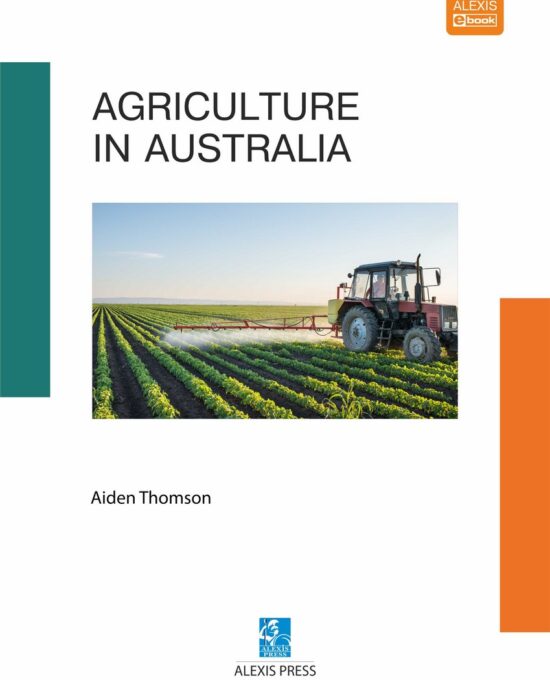
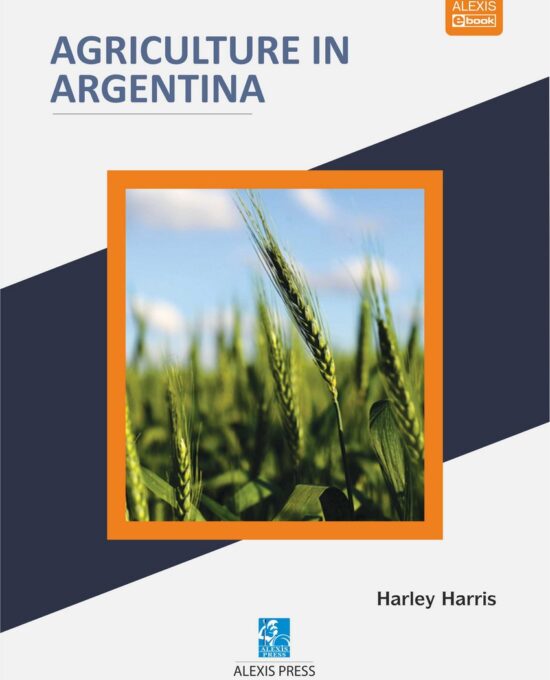
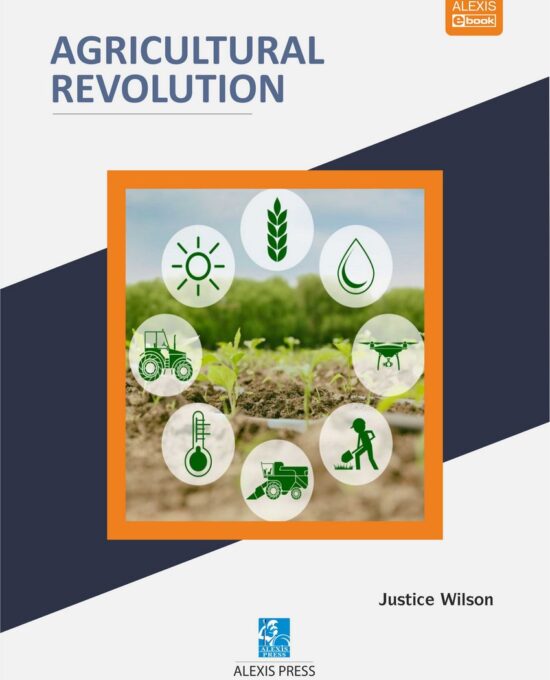
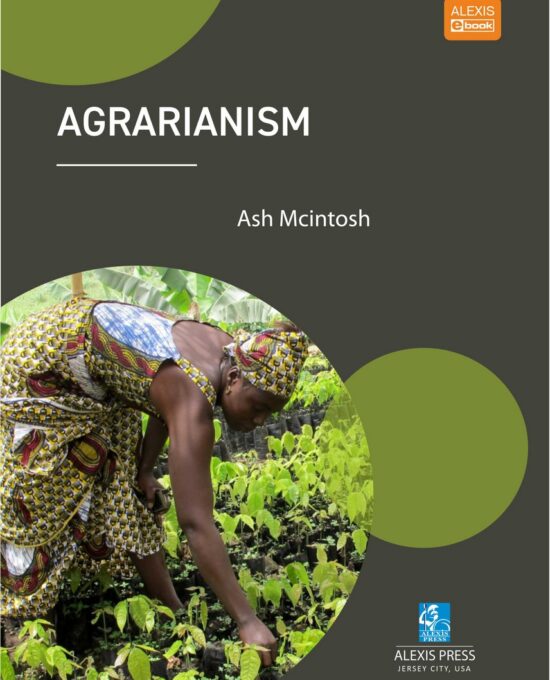
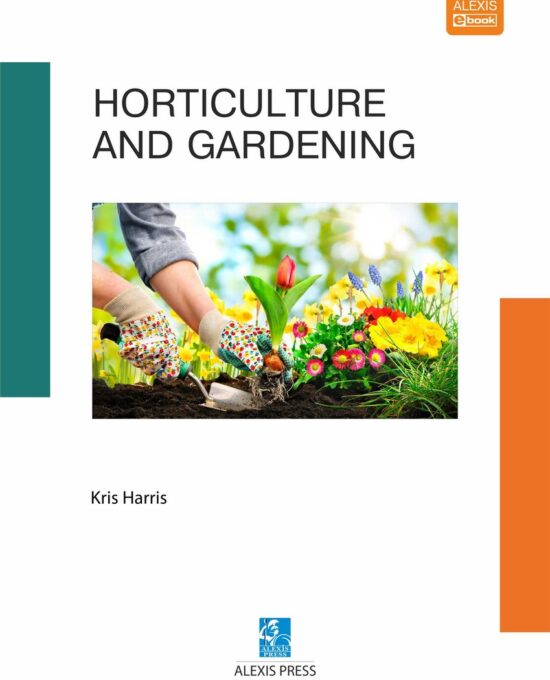
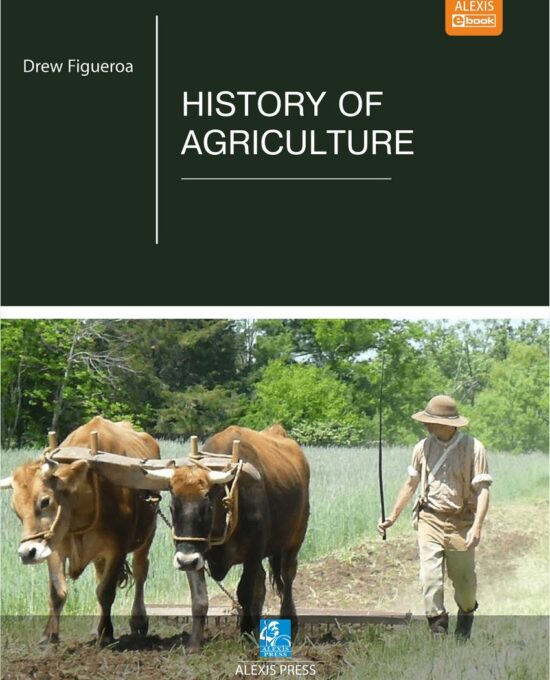

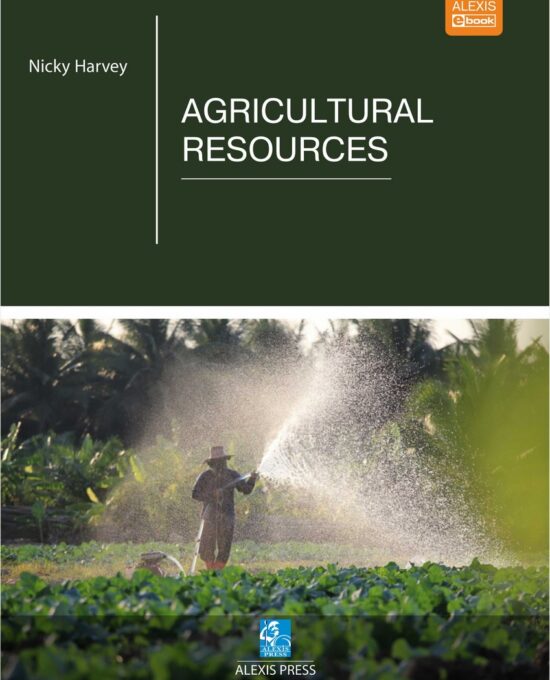

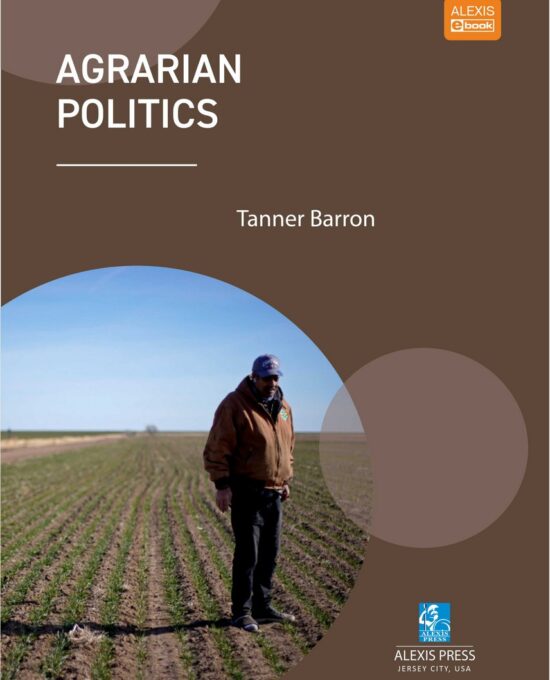
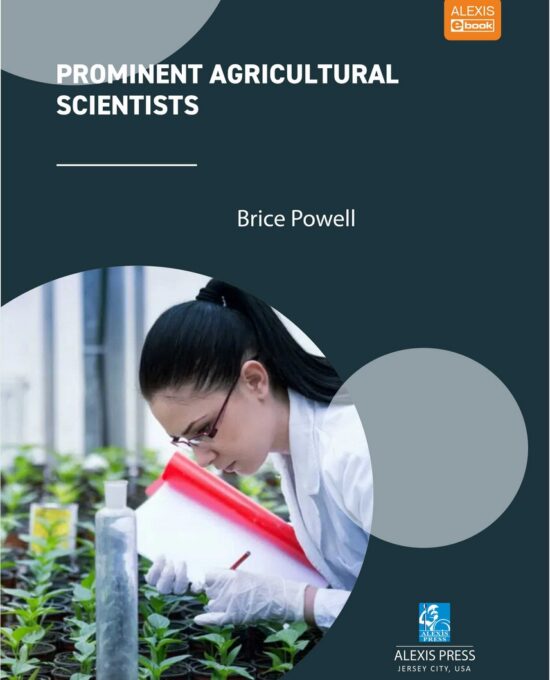
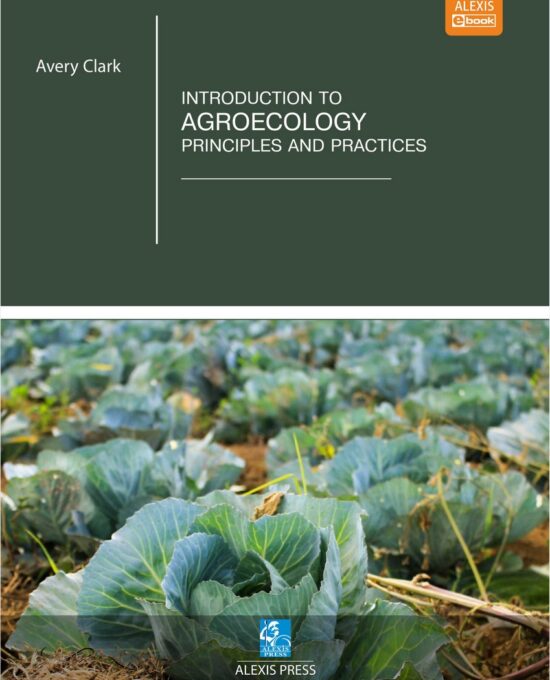
Reviews
There are no reviews yet.